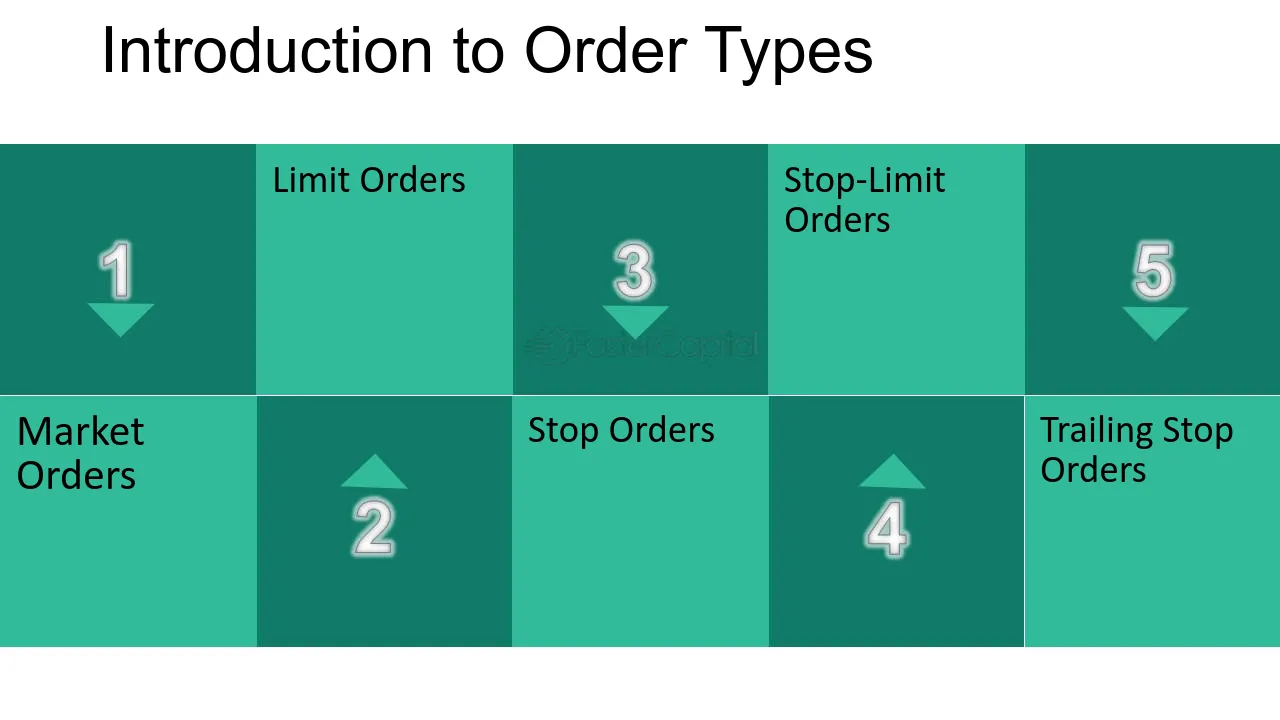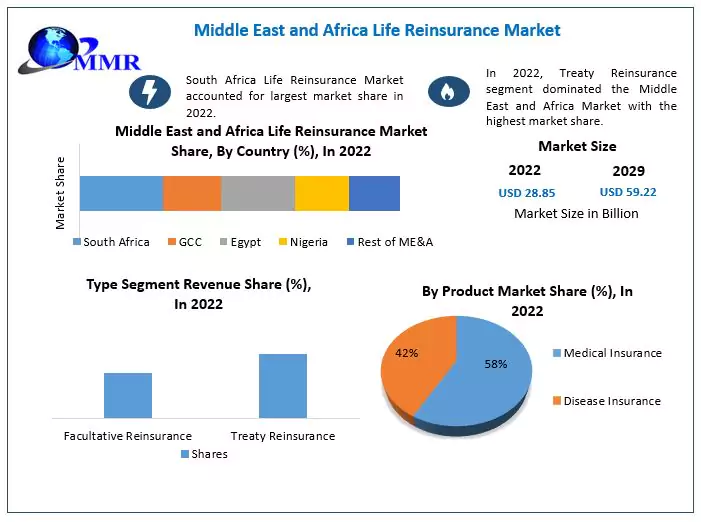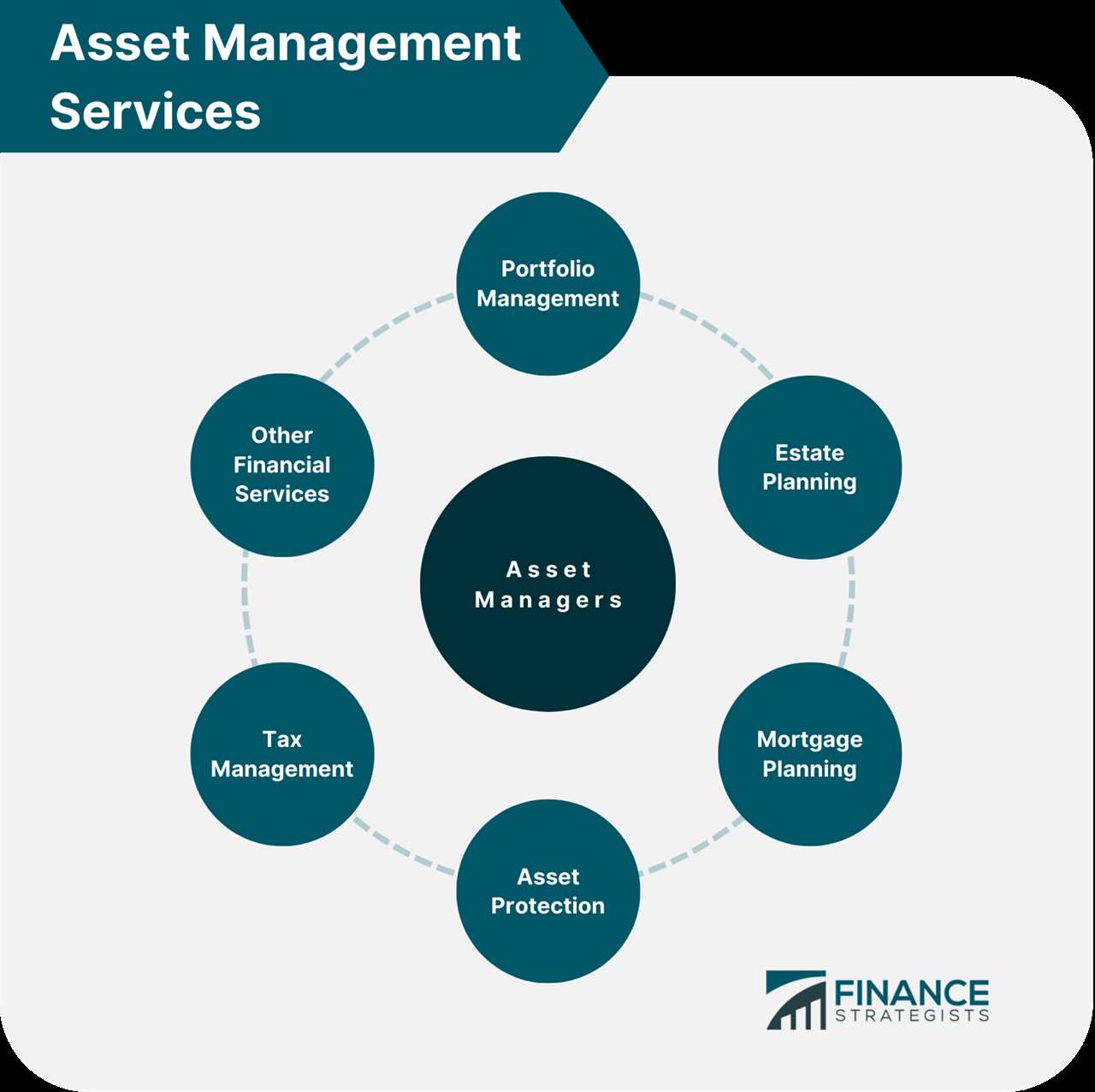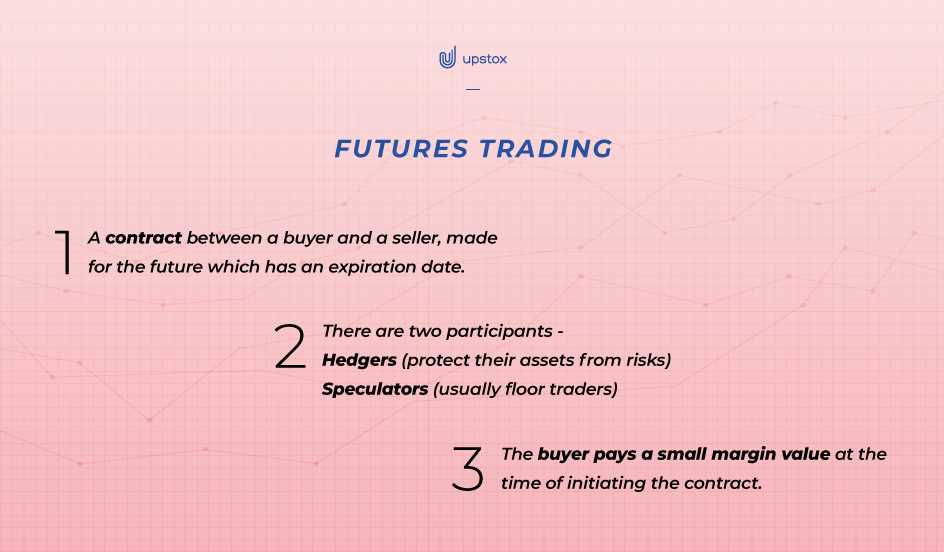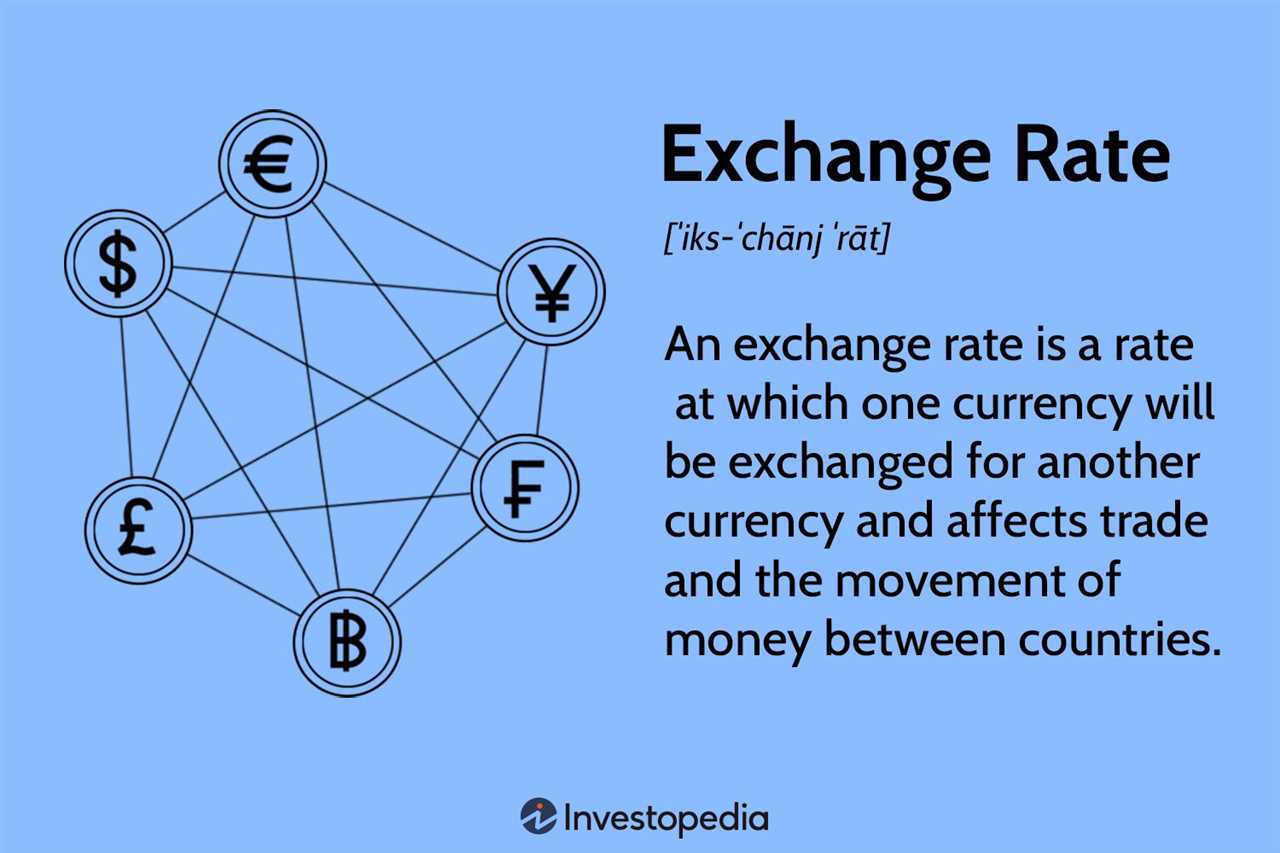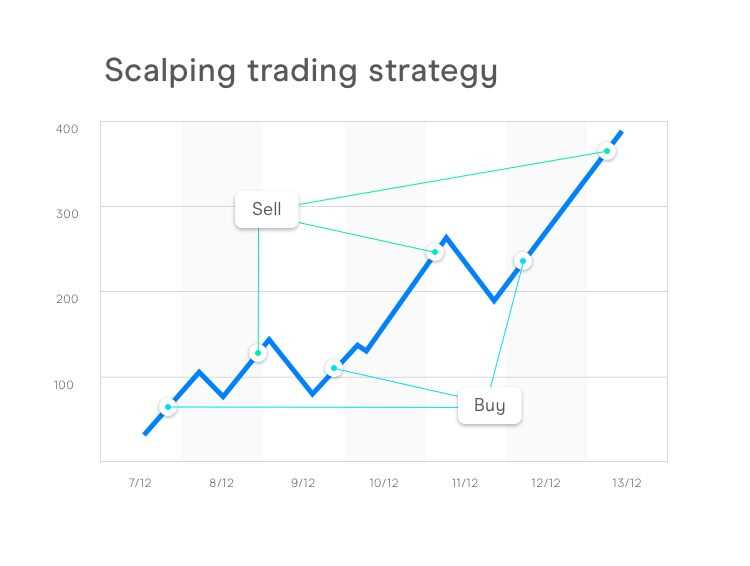Types and Examples of Offers to Buy Assets
Definition and Importance of Offers to Buy Assets An offer to buy assets refers to a proposal made by a buyer to purchase specific assets from a seller. These assets can include tangible items such as real estate, vehicles, or equipment, as well as intangible assets like stocks, bonds, or … …



